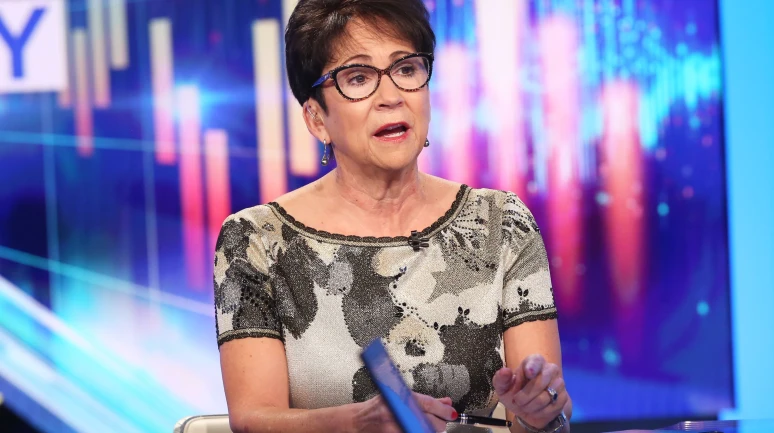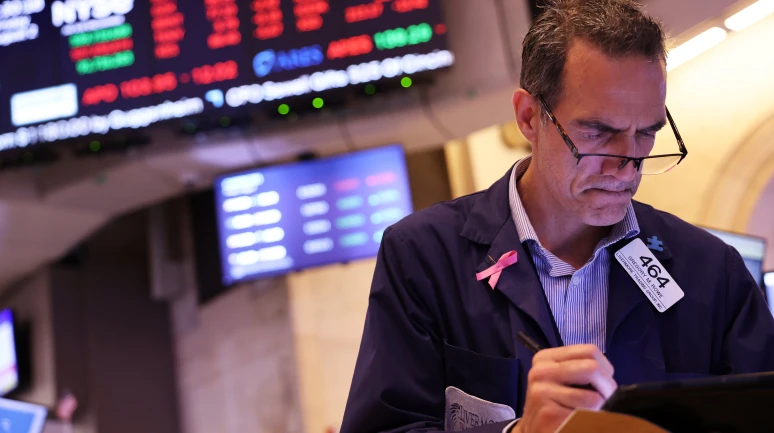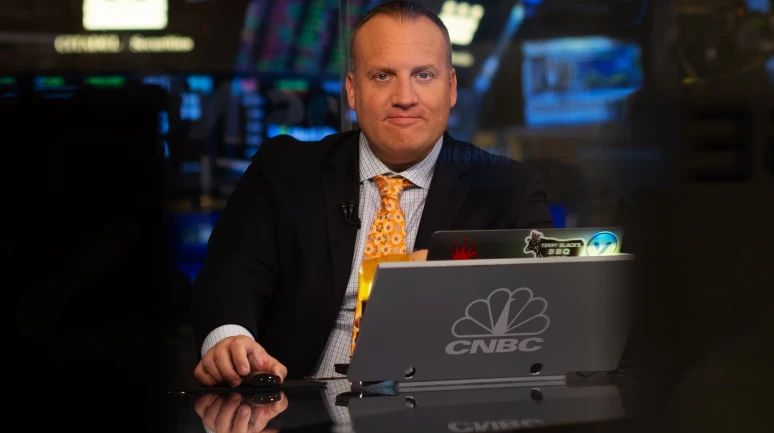Despite their security and liquidity benefits, investors need to carefully evaluate their role in their investment portfolios. One critical aspect to consider when investing in cash instruments is the impact of inflation. Due to the relatively lower returns compared to stocks or bonds, there is a risk that the purchasing power of the investment might diminish over time if inflation surpasses the returns from these instruments.
Moreover, investors should weigh the opportunity cost associated with opting for cash instruments. While they offer capital protection, they may not deliver the same potential for growth as higher-risk assets. It is essential for investors to align their investment objectives and risk tolerance to determine the suitable allocation for cash instruments in their overall investment approach.
Diversification plays a significant role in cash instrument investments. By spreading investments across various asset classes such as cash, stocks, bonds, and real estate, investors can mitigate risks and potentially improve returns over the long run.
Investors Seek Stability in Cash Amid Ongoing Market Volatility
In summary, while cash instruments can offer stability and reliable income, investors should approach their allocation judiciously by considering factors like inflation, opportunity cost, and diversification. By striking a careful balance between the risks and rewards of cash instruments in their investment portfolios, investors can establish a more robust and sustainable financial strategy.
With market volatility showing no signs of abating, investors are increasingly gravitating towards cash as a safe haven offering more predictable returns.
Market Analysts' Projections for the Year Ahead
Despite concerns regarding a turbulent year, financial analysts maintain an optimistic outlook, anticipating a gradual increase in stock prices over time.
Growing Apprehensions Regarding Economic Expansion
The S & P 500 experienced a downtrend as fears surrounding economic growth and trade policies cast a shadow over market sentiments.
Surge in Volatility Index Reaches New Heights
The CBOE Volatility Index surged to 21.28, marking its peak level since the beginning of the year on January 27.
Shifts in Yields on Cash-Equivalent Investments
While yields on money market funds and certificates of deposit have witnessed a decline, the Federal Reserve's decision to pause rate cuts has helped maintain relatively higher interest rates.
Consistent Inflow of Funds into Money Market Instruments
Americans are consistently channeling their investments into money market funds, resulting in a cumulative asset value of $6.91 trillion.
Insights into Warren Buffett's Cash Holdings
Berkshire Hathaway, led by Warren Buffett, currently holds $334 billion in cash reserves, with a significant portion still allocated to equities.
Strategies for Optimizing Cash Investments
Financial advisors recommend exploring high-yield savings accounts, money market funds, and certificates of deposit based on individual liquidity requirements and financial objectives.
Implementing Diversification Techniques
Experts stress the importance of diversifying cash investments across various accounts and maturity periods to enhance overall returns.
Significance of Short-Term Treasury Investments
Short-term Treasury securities have gained popularity as a secure investment avenue amidst prevailing market uncertainties.
Balancing Portfolio Allocations for Maximum Returns
Striking a balance between cash, equities, and bonds in accordance with personal financial goals and risk tolerance levels is essential for sustained long-term growth.
Exploring Beyond Cash Holdings for Enhanced Portfolio Performance
Advisors caution against excessive cash holdings and encourage investors to explore diversified investment avenues in stocks and bonds for improved portfolio performance.

























